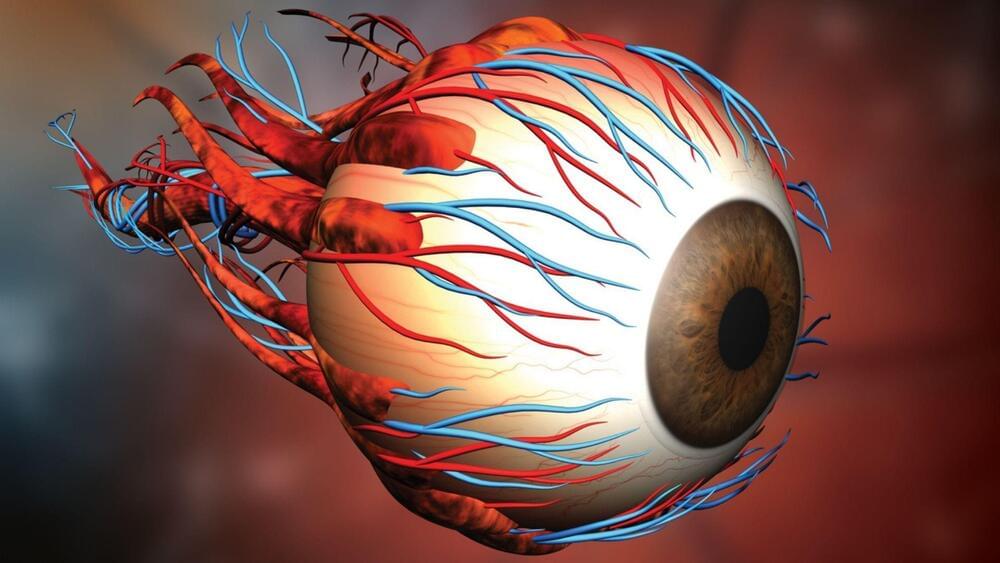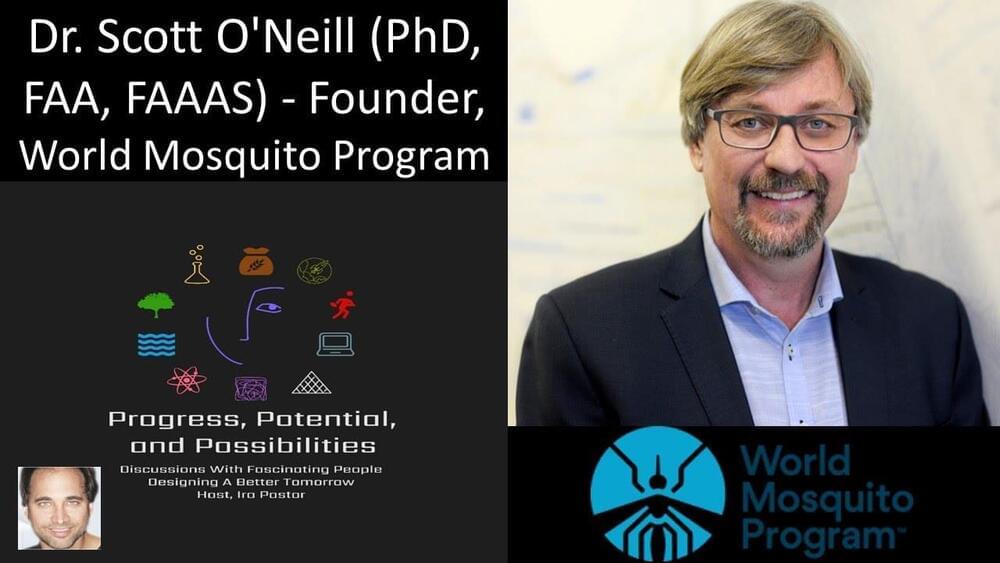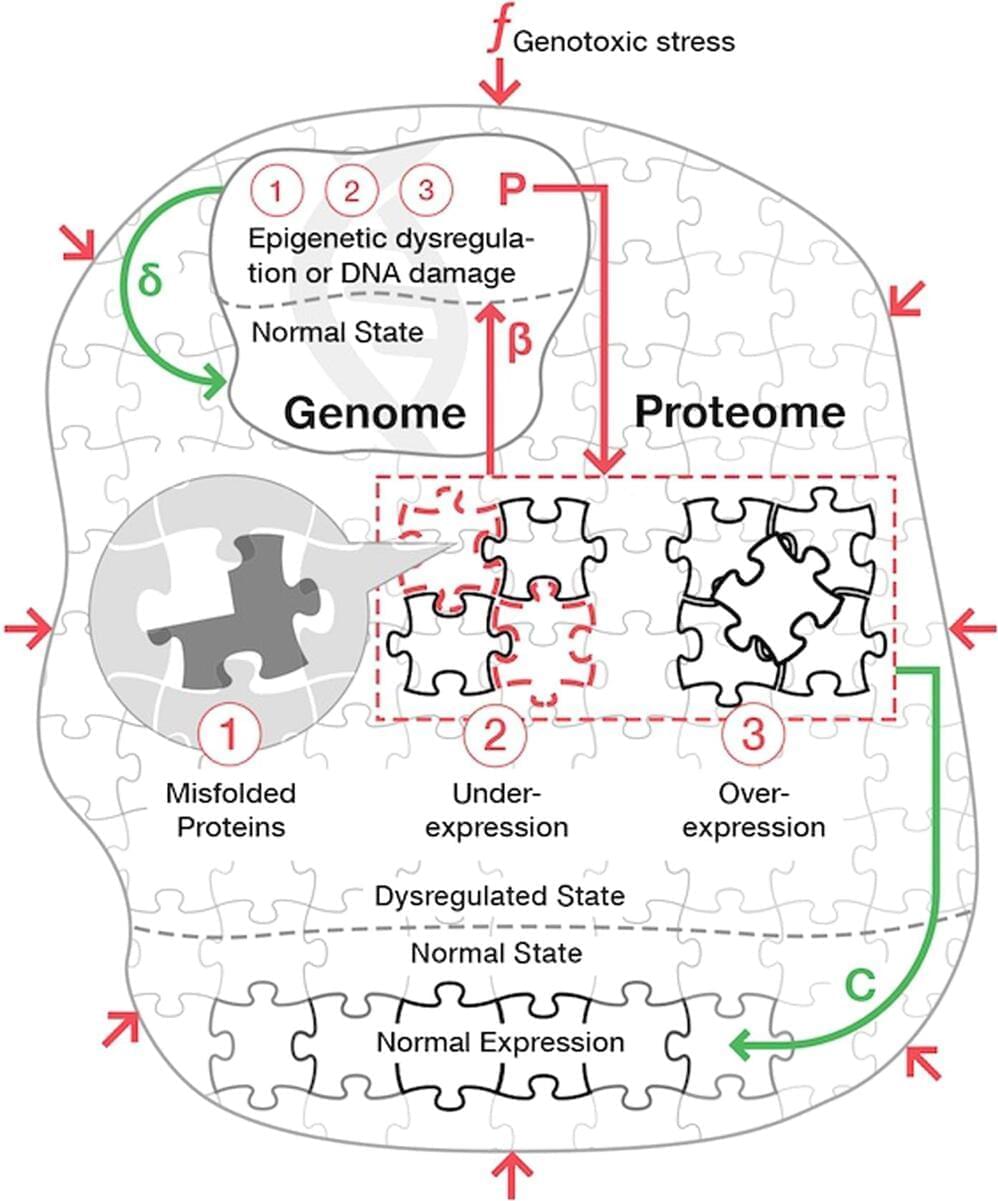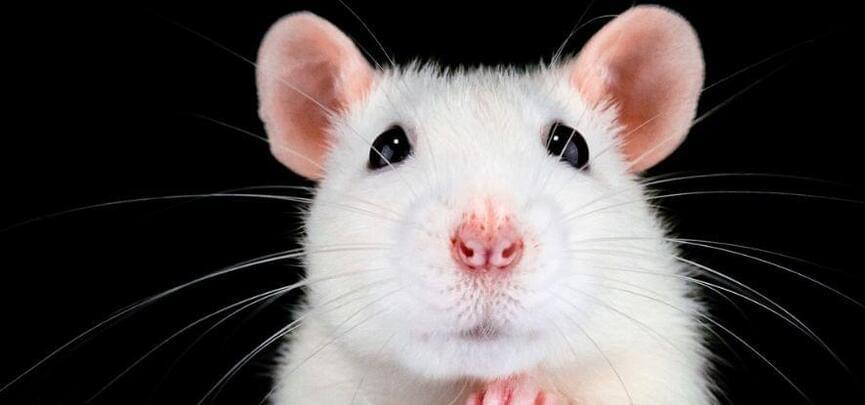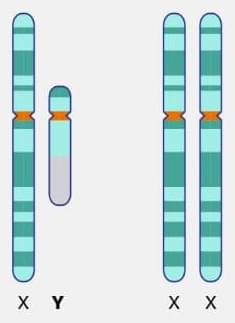Aug 8, 2023
Discovery in nanomachines within living organisms — cytochromes P450 (CYP450s) unleashed as living soft robots
Posted by Dan Breeden in categories: biotech/medical, nanotechnology, robotics/AI
Study reveals an important discovery in the realm of nanomachines within living systems. Prof. Sason Shaik from the Hebrew University of Jerusalem and Dr. Kshatresh Dutta Dubey from Shiv Nadar University, conducted molecular-dynamics simulations of Cytochromes P450 (CYP450s) enzymes, revealing that these enzymes exhibit unique soft-robotic properties.
Cytochromes P450 (CYP450s) are enzymes found in living organisms and play a crucial role in various biological processes, particularly in the metabolism of drugs and xenobiotics. The researchers’ simulations demonstrated that CYP450s possess a fourth dimension — the ability to sense and respond to stimuli, making them soft-robot nanomachines in “living matters.”
In the catalytic cycle of these enzymes, a molecule called a substrate binds to the enzyme. This leads to a process called oxidation. The enzyme’s structure has a confined space that allows it to act like as a sensor and a soft robot. It interacts with the substrate using weak interactions, like soft impacts. These interactions transfer energy, causing parts of the enzyme and the molecules inside it to move. This movement generates ultimately a special substance called oxoiron species, which serves the enzyme to oxidize a variety of different substances.
